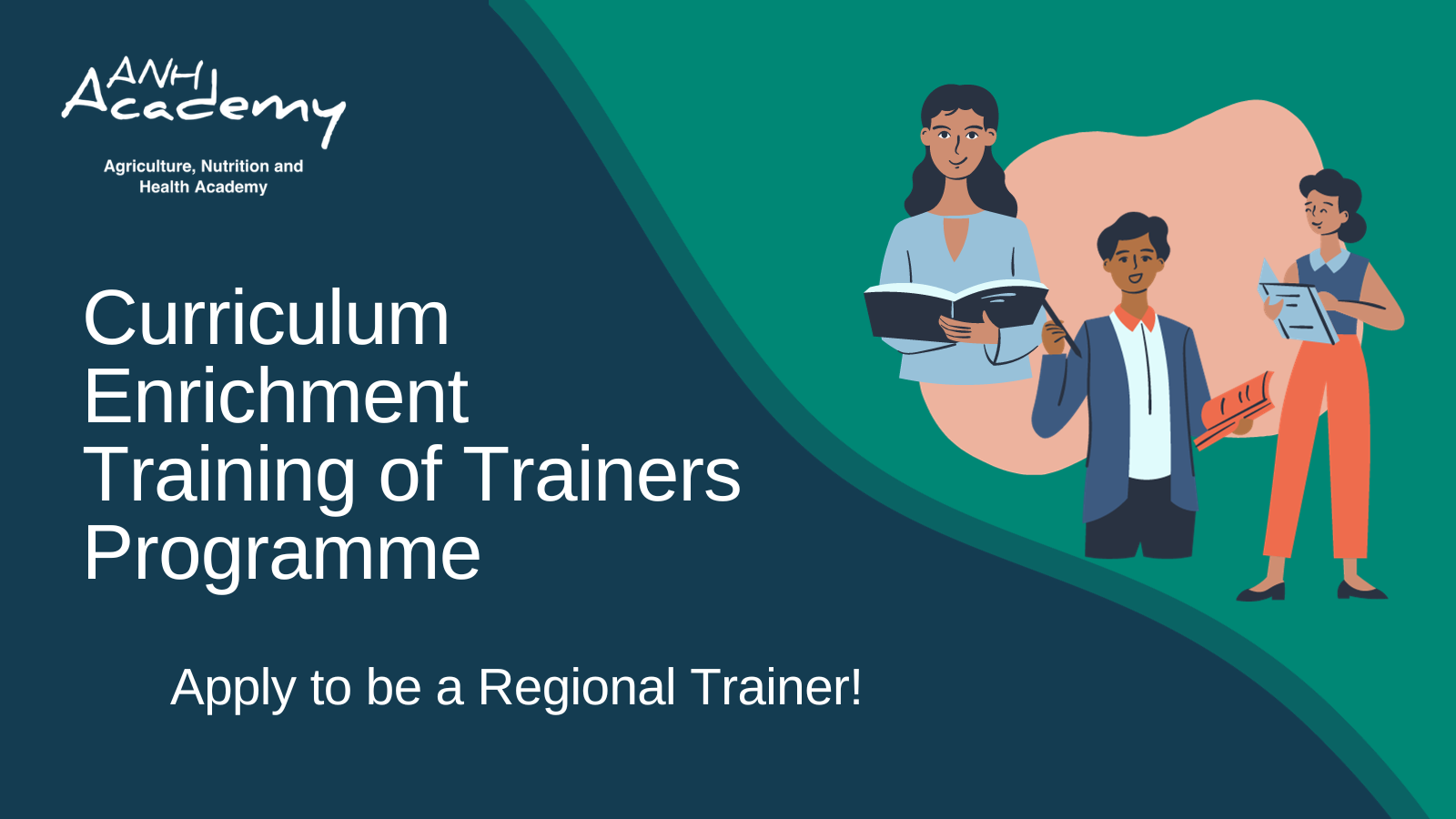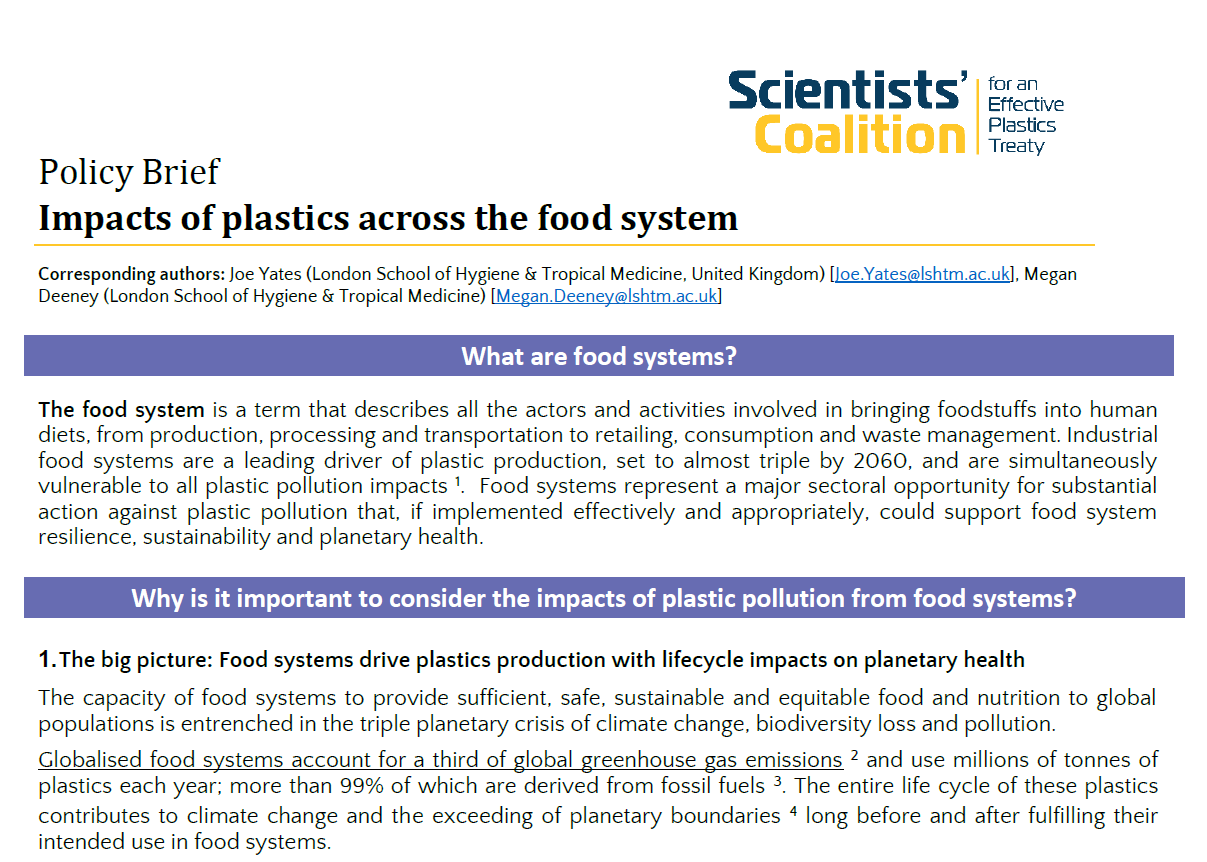
An IMMANA paper entitled "Assessing needs for interdisciplinarity in agriculture, nutrition, and health education" was published in the Global Food Security journal. The paper reports results from a mixed-methods programmatic assessment designed by the Curriculum Enrichment Working Group (CEWG), a group coordinated by the Agriculture Nutrition and Health (ANH) Academy.
An online questionnaire was disseminated among experts in relevant disciplines to assess inderdisciplinary needs, followed by focus group discussions among faculty members teaching in post-graduate institutions in low- and middle-income countries. The researchers found that barriers exist at the student, teacher, institutional and systemic levels and that solutions include knowledge sharing and cross-institution collaborations.
The causes of malnutrition in all its forms are complex and multifaceted. Early efforts to advance multisectoral nutrition programming recognized that a commitment from multiple stakeholders beyond nutritionists, from a variety of disciplines, was required. To accelerate progress towards these goals, the authors reflect on challenges to implementation of the multi-sectoral approach in improving nutrition outcomes that have been previously recognized. One of the strategies is to promote interdisciplinary and post-graduate education – of future researchers, policy-makers and practitioners. Through this assessment, the authors describe that more interdisciplinary training models need to emerge and seek to understand the current needs amoung educators working in agriculture, nutrition and public health.
Some identified priorities for transitioning to an interdisciplinary model are: instruction from a diverse group of faculties with disciplinary expertise; interaction and collaboration among students representing various natural and social science backgrounds; experiential learning including engagement with stakeholders outside of academia; a systems approach to problem-solving; and development of competencies including communication, critical analysis, and collaboration.




